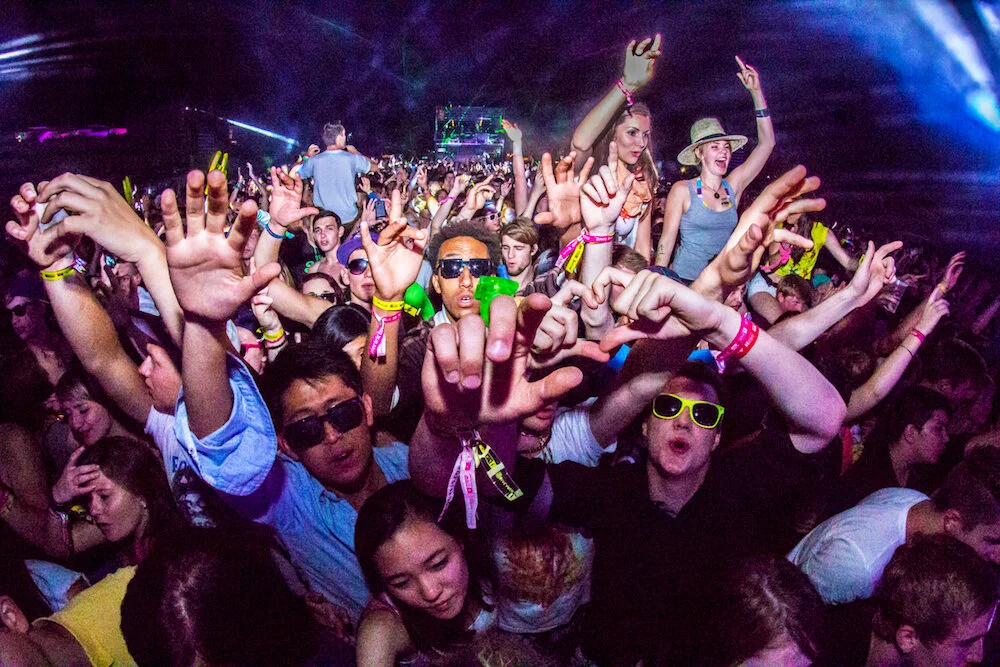War Over Britain’s ‘Plague Raves’
For 18-year-old George Parsons, the £319 fine was a small price to pay for a big night out. Leaving Bristol Magistrates Court in early February, where he’d been issued the charge for refusing to leave an illegal rave in Yate, near Bristol, on Halloween night of 2020, he told a reporter from a local paper, “Raves aren’t anti-lockdown, they’re anti-capitalism.”
The 700-person party was just one of the many illegal raves that took place across the UK after the coronavirus pandemic forced the closure of bars and nightclubs. With parties from Sheffield to South Wales keeping police busy over the summer of 2020, Home Secretary Priti Patel denounced them as “dangerous” and said those behind the events “show a blatant disregard for the safety of others” – a point the government doubled down on by upping fines to £10,000 for organisers of gatherings of over 30 people.
Britain’s tabloid press echoed the party line, with the Sun on Sunday claiming in September that illegal raves and warehouse parties had “driven the surge” in coronavirus cases. In turn, these reports fuelled social media outcry over “plague raves” – with the majority decrying “covidiots” for attending perceived super-spreader events, and a minority arguing that young people couldn’t be blamed for blowing off steam after months of government-mandated house arrest.
With vaccines unlikely to reach the rave-attending generation until late summer, and spring heralding a potential grand return to outdoor illegal events, what do those on the frontline of this culture war think of the past year’s parties? Were they moments of “anti-capitalist” direct action, or just an excuse to take pills in a field? Was it a golden year for raving, or will future generations view 2020 as a mark on the scene’s rich history?
“Saying it out loud sounds really irresponsible and stupid, but we just wanted to have a party,” explained one party organiser from Leigh-on-Sea, Essex. The 26-year-old sales manager - who asked to go by “VinylJunkie420” – hosted an illegal boat party in London that attracted around 100 people in August of 2020.
“I think it was a big success. It felt like a real community, and everyone needed this release. The warmth I got from it was the biggest thing,” he said, adding of the health dangers: “I felt like it was a risk, and I acknowledge that. We let people know of the risk before and then we just hoped for the best, I guess.”

